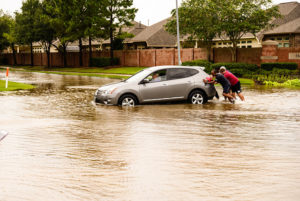
Senate GOP Healthcare bill
In the current debate over Republican efforts to repeal the Affordable Care Act, one of the saddest arguments to be heard is the one that goes, “why should I pay for someone else’s healthcare?” Such an argument gets many things wrong at once, both intellectually and morally.
First, the entire concept of insurance is a pooling of funds and risk, so that everyone is literally paying for someone else, and vice versa. For example, in South Florida, one is told that car insurance rates are high for all residents because there are many claims due to the large number of tourists getting into trouble with rental cars on unfamiliar roads. Many local residents would rightfully object to paying higher rates for others’ accidents, but that is how insurance works. The idea, however, is that costs are kept down by pooling the risk, for example, such that middle-aged drivers might pay more than they get back in claims, but when they are both very young and very old, they are much more likely to have more claims, so the system balances out. Similarly, the Affordable Care Act (based on a conservative idea from the Heritage Foundation and first implemented by Republican Governor Mitt Romney in Massachusetts) incorporates premiums paid by younger people, who generally have fewer claims, going more to older and sicker people, but such young people of course could get into a serious accident or become sick themselves any time, plus they are likely to have more claims as they age. Thus, the idea of “why am I paying for someone else?” may only be true for a brief moment.












